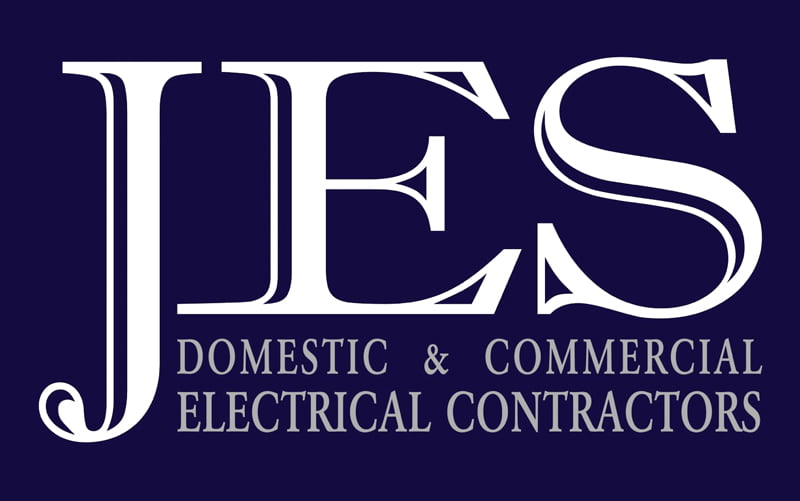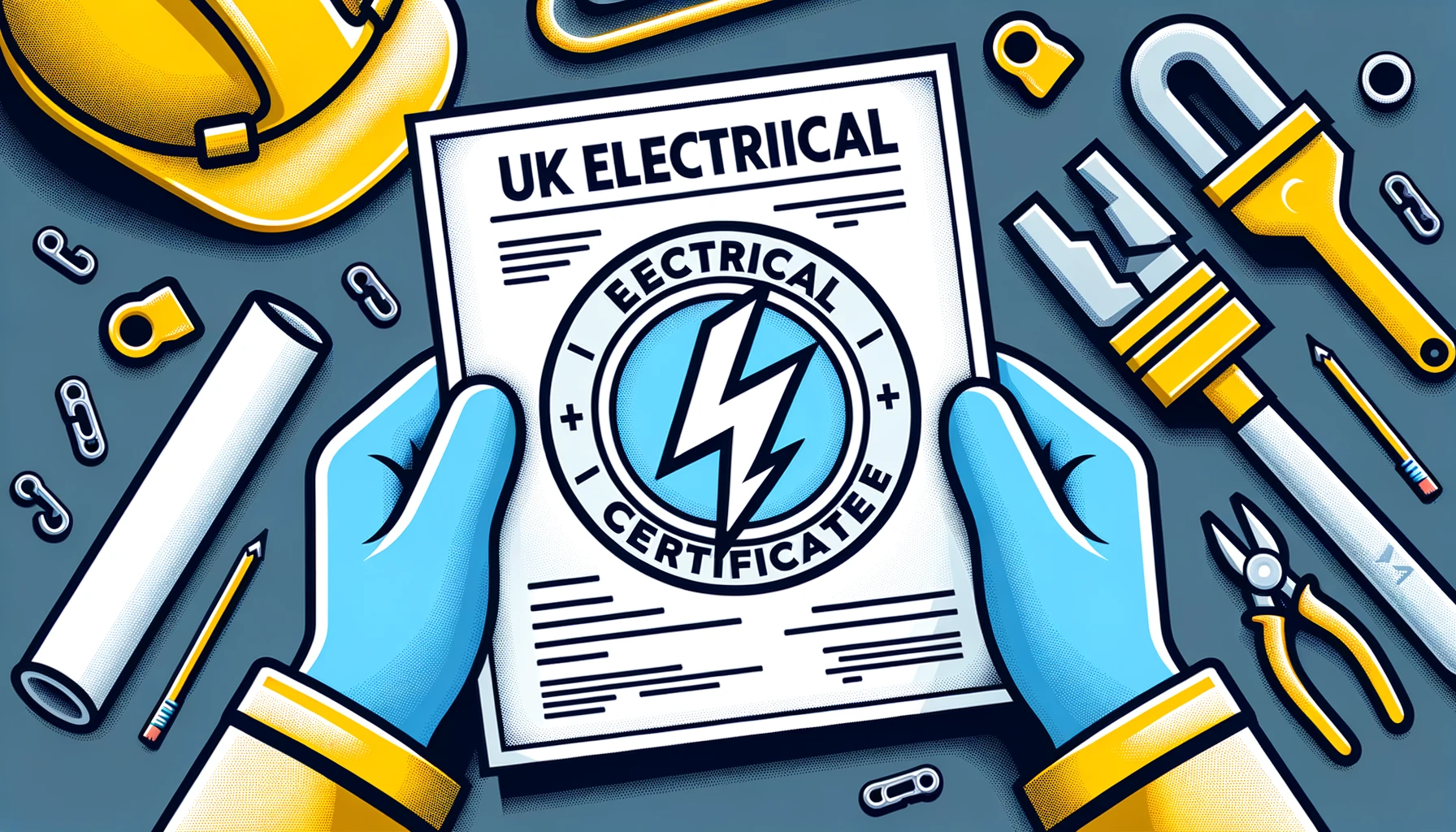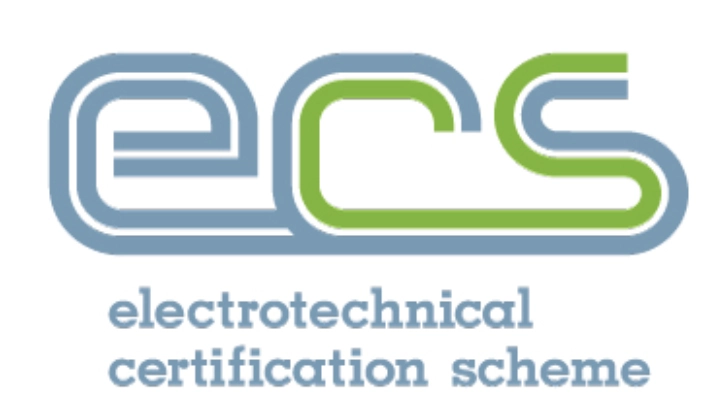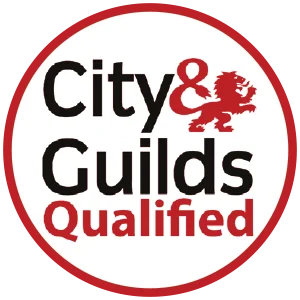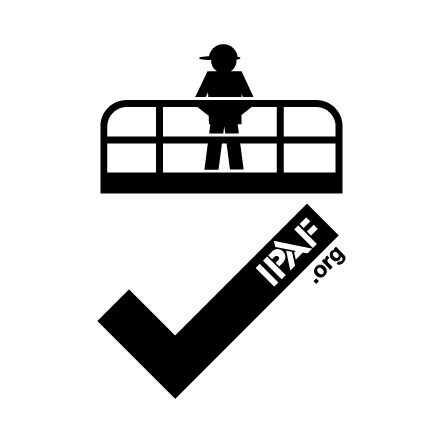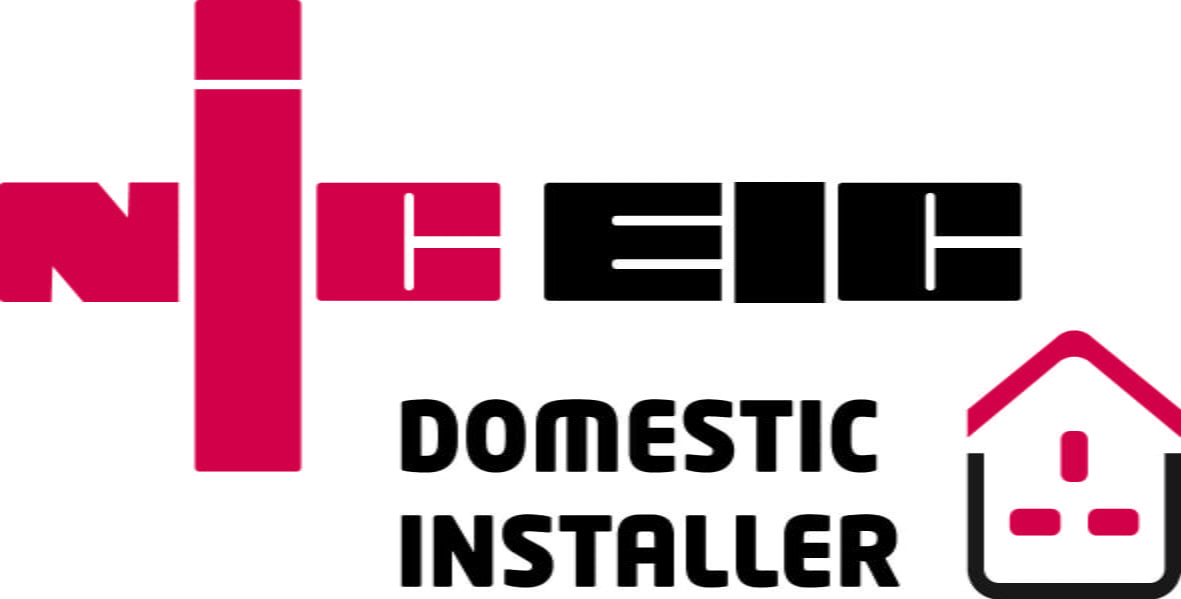An Electrical Certificate, often referred to as an Electrical Installation Condition Report (EICR) or Electrical Safety Certificate, is a comprehensive inspection report of the electrical systems and installations in a property. This report ensures that the electrical installations meet the UK’s safety standards, specifically the BS 7671 standard.
Why is it important?
Electrical safety is paramount. Faulty wiring or malfunctioning electrical systems can lead to severe hazards, including fires and electric shocks. An Electrical Certificate provides a detailed assessment, ensuring that the electrical installations in a property are safe, efficient, and up to the UK electrical certification standards. It’s not just about having an electricity certificate; it’s about ensuring the safety of the occupants and the property.Who Needs an Electrical Certificate?
Landlords: Before renting out a property, landlords are required to obtain a landlord electrical safety certificate. This certificate ensures that all electrical installations in the rental property are safe for tenants. The landlord electrical safety certificate check involves a thorough inspection of the property’s electrical systems.Homeowners: While homeowners aren’t legally required to have an electrical safety certificate, it’s highly recommended, especially if the property is old or if there have been significant electrical works carried out.
Businesses: Commercial properties, especially those open to the public, must ensure their electrical systems are safe. An electrical compliance certificate UK standard is often required to validate the safety of the installations.
How Often Should You Get One?
The recommended frequency for obtaining an electrical safety check varies:For landlords, it’s advisable to get an electrical safety inspection every five years or with each change of tenancy.
Homeowners should consider an electrical inspection every ten years for their primary residence and every five years for a rented property.
Commercial properties or locations with public access should have their electrical systems checked more frequently, typically every one to five years, depending on the nature of the business.
What Does the Inspection Involve?
The inspection involves a thorough check of all electrical systems and installations. This includes: Fixed electrical testing of all circuits connected to the consumer unit (fuse board).
Checking the condition of the property’s electrical certs and installations for signs of wear and tear.
Fault detection to identify any potential hazards or issues that might need addressing.
Once the inspection is complete, the electrician will provide an electrical test certificate or an EICR form, detailing their findings. If any issues are identified, the report will classify them based on their severity, and the electrician will provide recommendations for remedial actions.
Always Hire a Professional
Whether you’re a homeowner, landlord, or business owner, ensuring the electrical safety of your property is crucial. An Electrical Certificate or EICR report provides peace of mind, confirming that your electrical installations adhere to the highest safety standards. Always choose a registered electrician or a NICEIC electrician for these inspections to ensure accuracy and compliance with UK standards.
